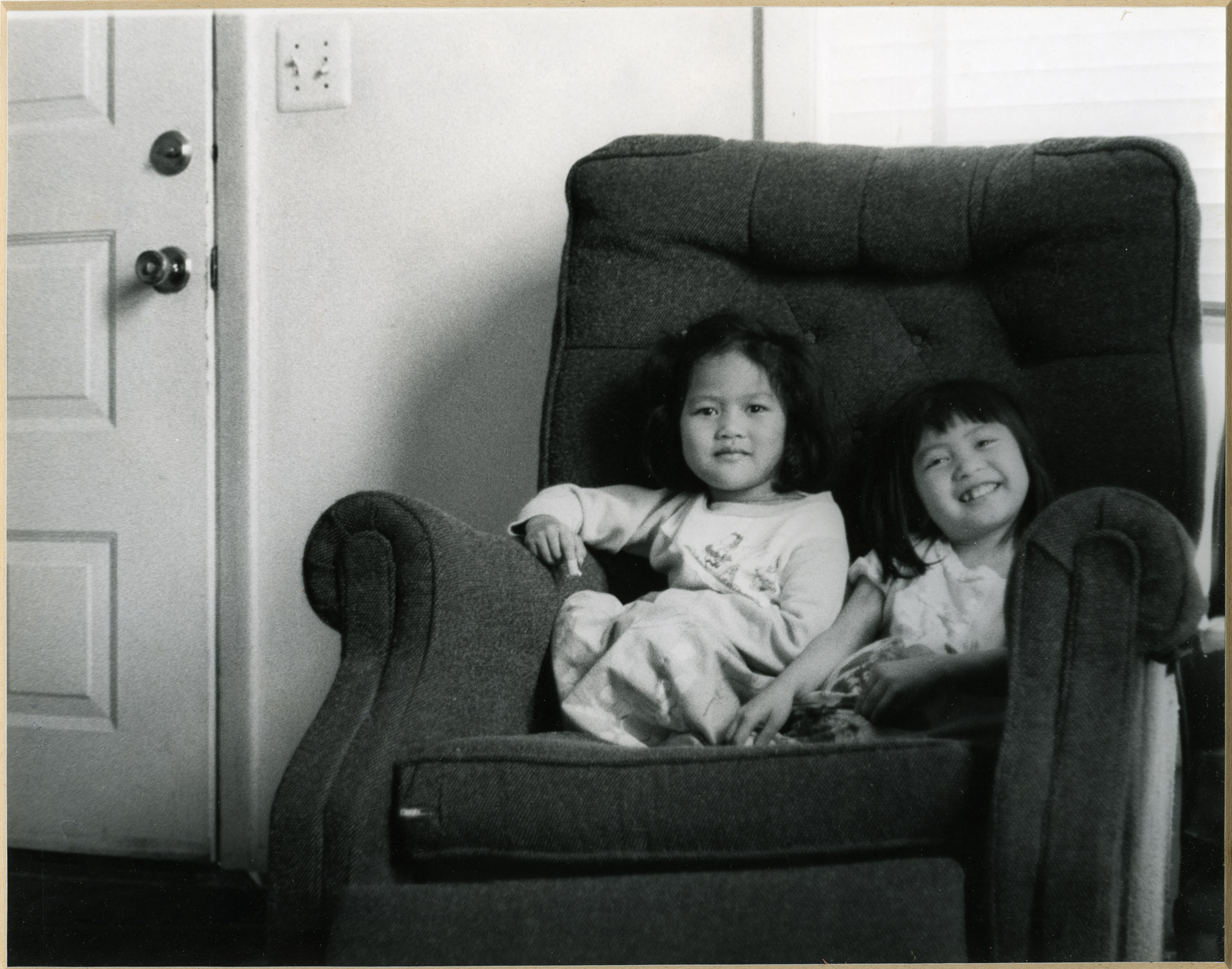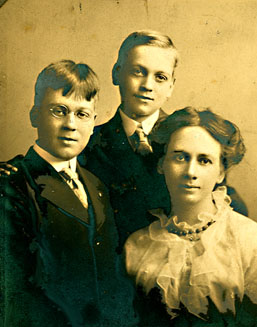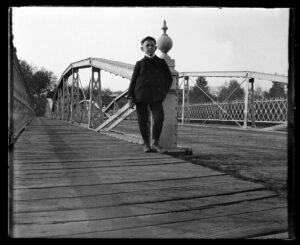Bullard Family Scrapbook
The Bullard family were among the early settlers of New Salem, Massachusetts, a small, rural town incorporated in the western part of the state in 1753.
Assembled by a member of the Bullard family at the turn of the twentieth century, this scrapbook contains an apparently complete set of clippings from a local newspaper column containing community news from the three villages of New Salem, North New Salem, and Millington. The entries cover the usual community news, such as the comings and goings of local residents and visitors to town, community events, and other local news, and a number of well-established New Salem families are represented, including the Ballards, Bullards, Cogswells, Haskells, Paiges, Pierces, and Stowells. The first three pages consist of announcements of births, deaths, and weddings. The original volume has been retained by the family.




